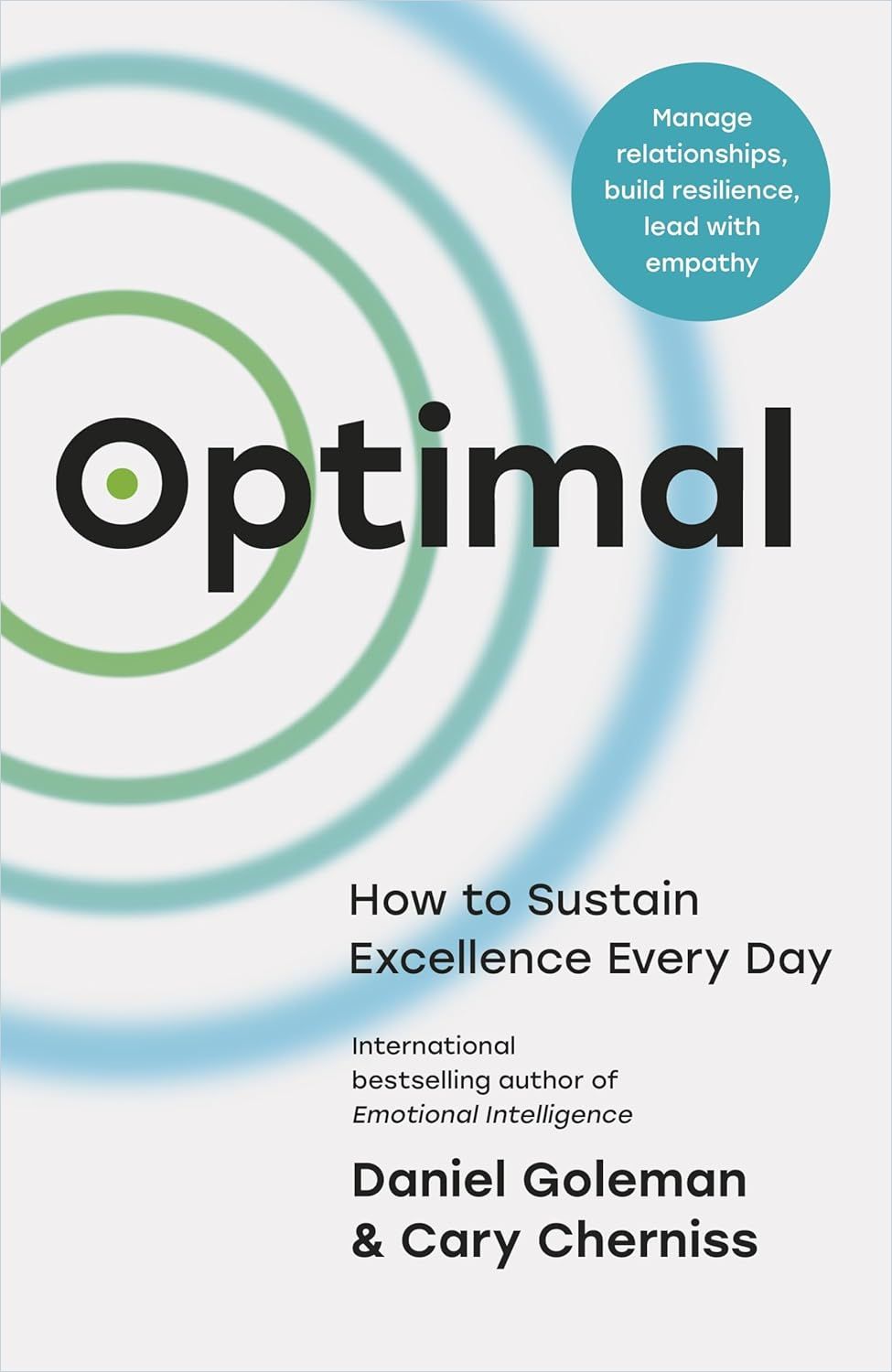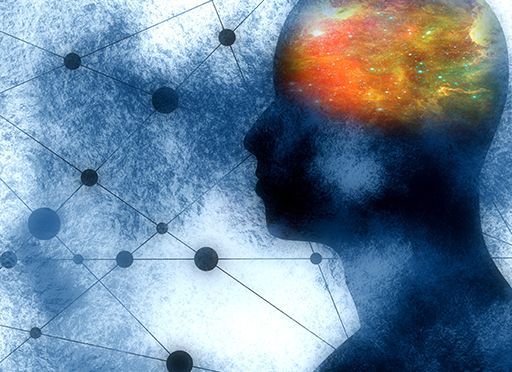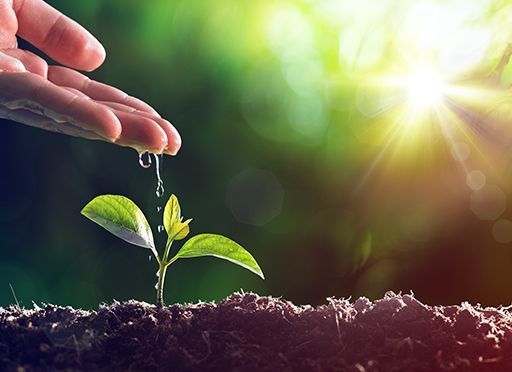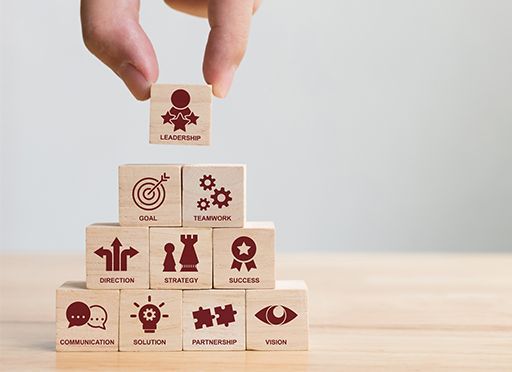In the pursuit of high performance, many professionals seek “flow” — that elusive state of peak performance emerging from intense focus and immersion in a task. But psychologists Daniel Goleman and Cary Cherniss want to redirect your attention to a more accessible, less intense, but possibly more helpful state: the optimal zone.

Better than Flow
Psychologist Mihaly Csikszentmihalyi developed the idea of “flow” in the 1980s after decades of asking what makes life worth living — a preoccupation that led him to study psychology and conduct extensive research into positive and optimal human experiences. After observing high-achieving artists, scientists, athletes, musicians, business executives, and other creative people, Csikszentmihalyi concluded that they entered a peak experience of focus, creativity, productivity, and happiness when they became immersed in their work to such an extent that everything else seemed to lose significance. He determined that this state, which he called “flow,” depended on maintaining total focus on the present moment while performing an intrinsically rewarding task that’s neither too hard nor too easy, and where subjects feel a sense of control.
Csikszentmihalyi published his flow theory in 1990, in a book that went on to exert a broad global influence. His 2004 TED Talk is approaching eight million views, and helping people find flow has become a consulting specialty. Everyone seems to be chasing flow. The catch: It’s not so easy. Entering a flow state just doesn’t happen every day, and probably can’t.
Psychologists Daniel Goleman and Cary Cherniss contend that, as a daily goal, you’d be better off seeking an “optimal state” — a zone of productivity and engagement that’s more consistently accessible than a flow state.
Here’s the problem with flow: It’s by definition a rare event, that one time when we are at our absolute best.Daniel Goleman and Cary Cherniss
An optimal state, as Goleman and Cherniss define it, means performing at your best in everyday circumstances. In an optimal state, you experience creativity, positivity, mental sharpness, high productivity, and a feeling of mutual support with others. An optimal state might not result in world-class performance, but it does lead to feelings of effectiveness, engagement, enjoyment, meaning, and satisfaction.
Emotional Intelligence at the Heart
Psychologist and science journalist Daniel Goleman is the author of 13 books on psychology and leadership, including the seminal Emotional Intelligence. Applied psychologist Cary Cherniss, professor emeritus at Rutgers University, studies the role of emotional intelligence in the workplace. Both serve as co-chairs of the Consortium for Research on Emotional Intelligence in Organizations.
Goleman and Cherniss make a compelling case for strengthening emotional intelligence as the key to achieving and maintaining an optimal state, and, in turn, boosting individual and organizational performance.
Emotional intelligence (EI) is a basket of competencies that Goleman has defined elsewhere as consisting of self-awareness, self-regulation, social skills, motivation, and empathy. And EI lies at the heart of optimal experiences, Goleman and Cherniss claim, because it provides tools that help people manage their inner states and interpersonal relationships.
One of the components that facilitates our optimal state is emotional mastery: the ability to keep emotions in balance and be resilient despite difficulties.Daniel Goleman and Cary Cherniss
According to Goleman and Cherniss, optimal states might be more accessible than flow, but they don’t just bloom in our midst. Attaining and maintaining an optimal state takes attention, effort, and skill. And the skills involved just happen to be those of emotional intelligence. For example, when you have self-awareness, you can monitor and adjust your internal state to maintain focus. Self-awareness also enables you to determine what activities are worth your time, so you can prioritize the meaningful ones. Cognitive control — a subset of self-awareness — allows you to observe and direct your own attention, so you can stay intellectually focused and emotionally balanced, undistracted by negative self-talk or impulses.
From empathy springs an interpersonal deftness that lets us more readily influence, guide, and even inspire those around us — and lets us connect for optimal impact.Daniel Goleman and Cary Cherniss
Empathy plays a role in achieving an optimal state by enhancing and strengthening your relationships, both at work and in your personal life, state the authors. For example, empathy makes you better able to gain others’ respect and trust, and it can enrich your leadership by enabling you to work with, inspire, and guide others deftly and manage conflicts calmly and positively. The result: flourishing relationships that signify you’re in an optimal state and help you stay in it.
What the World Needs Now
Goleman and Cherniss cite extensive research demonstrating links between EI and performance — mediated, they suggest, by the optimal state that EI facilitates. For instance, EI has been shown to predict college students’ future salaries better than IQ, personality, grades, or gender. And a meta-analysis of 99 studies found EI predicts performance across multiple industries, including banking and policing.
The authors also marshal evidence that a leader’s EI can boost teams’ performance by as much as 25%, in part by elevating the group’s collective EI. Team EI, they report, consists of group self-awareness, team emotional self-management, and group-level relationship management — all of which translate into a competitive edge. To forge a team culture that supports EI, the authors suggest connecting EI to the bottom line, modeling EI capabilities such as self-regulation and transparency, and making yourself emotionally available to your people while maintaining healthy boundaries.
Emotionally intelligent leaders can have a huge impact on the well-being and performance of others, lifting them into their optimal zone.Daniel Goleman and Cary Cherniss
Goleman and Cherniss take the concept of an optimal zone to the organizational level, too. Emotionally intelligent and self-aware organizations perform emotional self-management by, for example, setting norms for appropriate workplace emotional expression and supporting individuals’ resilience.
The authors conclude on an upbeat and expansive note. As humanity moves toward an uncertain future, they say, emotional intelligence — and the innovation and performance it fosters — will empower people to take on global challenges such as climate change. The collaboration, teamwork, empathy, and emotionally balanced decision-making that mark the optimal zone will enable people and organizations to build better systems and face future crises with resilience.
In other words, flow might be more glamorous, but it’s the grounded, everyday optimal state that gets the daily work done and is probably closer to what the world really needs.











